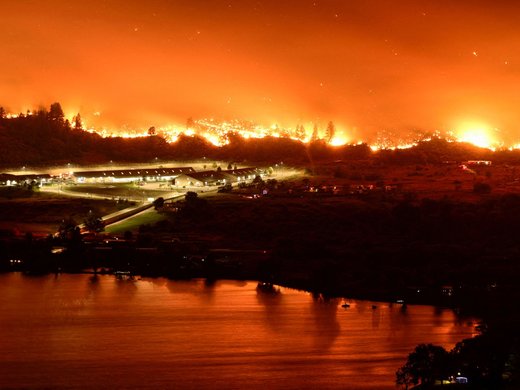Nigeria, the most populous country in Africa and a major oil exporter, suffers from chronic energy shortages. Years of under-investment, lack of maintenance and perpetual resource supply problems have elevated the situation to crisis levels. National policy makers have consequently expressed an interest in nuclear power as a source of stable electricity.
The government of Nigeria has considered developing a nuclear energy program since the 1970s, but has only recently moved towards commissioning its first nuclear power plant. Still in phase two of the IAEA assessment framework for states pursuing nuclear power for the first time, it is unlikely Nigeria will begin construction of a nuclear power plant before 2020. Despite progress in some areas, including the ratification of international treaties, development of regulatory infrastructure and signing of bilateral technical cooperation agreements, significant challenges remain before nuclear energy production in Nigeria is a reality.


